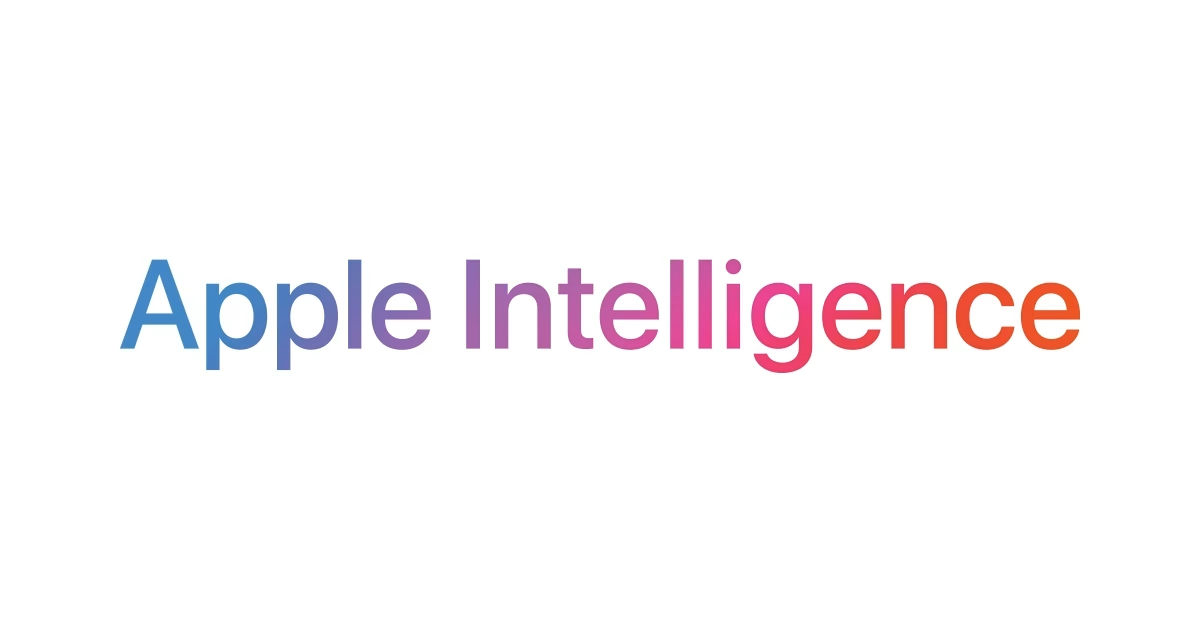Apple's Data Declaration: Unpacking Their Stance on Illegally Scraped AI Training Data
It seems like every other week, there's a new headline about artificial intelligence, doesn't there? From groundbreaking advancements to ethical quandaries, the conversation is constant. But one area that's been particularly thorny, a real elephant in the room for many tech giants, is the origin of the data used to train these powerful AI models. We've all heard the whispers, the lawsuits, the general unease about web scraping and copyright. So, when Apple, a company notoriously private and meticulous, doubles down on a claim, it's worth paying attention.
Recently, Apple released a new research paper, the "Apple Intelligence Foundation Language Models Tech Report 2025," and within its pages, they reiterate a very specific, very bold claim: they aren't training their Apple Intelligence models on anything "scraped illegally from the web." It's a statement that cuts right to the heart of a major industry debate, and frankly, it's a fascinating peek into how one of the world's biggest companies is navigating the wild west of AI development.
The Nuance of "Illegally Scraped": More Than Just a Soundbite
Now, let's be honest, "illegally scraped" is a loaded term, isn't it? It implies a clear line in the sand, but the reality of data acquisition for AI training is far murkier. The legal landscape surrounding what constitutes "illegal" scraping is still very much unsettled. Courts are grappling with it, lawmakers are trying to catch up, and the tech community itself is divided. Is publicly available data fair game? What about copyrighted works? It's a legal minefield, and many companies are just hoping they don't step on one.
Apple's explicit declaration, therefore, isn't just a casual statement. It's a strategic move in a volatile environment. By emphasizing "illegally," they're signaling a commitment to operating within current and future legal frameworks, however ambiguous they might be. It also puts pressure on competitors. If Apple can claim this, why can't others? It's a subtle, yet powerful, challenge. And it speaks volumes about their long-term vision for Apple Intelligence.
Navigating the Legal Labyrinth
Apple's Alternative Data Strategy: What's Under the Hood?
The Privacy-First Philosophy in Practice
This approach aligns perfectly with Apple's brand identity. They've built their reputation on privacy, often contrasting themselves with companies that monetize user data. So, it makes sense that their AI strategy would reflect this core philosophy. It's not just about avoiding lawsuits; it's about maintaining consumer trust. People are increasingly wary of how their digital footprint is used, and Apple seems to be betting that a transparent, privacy-centric AI will resonate more deeply with its user base.
Broader Industry Implications and Consumer Trust
Apple's stance isn't just about Apple; it sends ripples across the entire AI industry. When a company of Apple's stature makes such a definitive statement, it raises the bar for everyone else. Will other companies feel compelled to be more transparent about their data sources? Could this accelerate the development of more ethical and legally sound data acquisition methods? I certainly hope so.
This move could also significantly influence consumer perception. In a world where AI is becoming ubiquitous, understanding how these powerful tools are built is paramount. If users feel confident that the AI they interact with isn't built on a foundation of questionable data, their trust in the technology, and in the company behind it, will naturally grow. It's a long game, of course, but building trust is always a good investment.
The Road Ahead for Ethical AI Development
Ultimately, Apple's latest research paper and its strong declaration about data legality are more than just technical details. They're a significant contribution to the ongoing global conversation about ethical AI development. It's a complex dance between innovation, legal compliance, and public trust. Apple's move suggests a path forward that prioritizes legality and privacy, even if it means a potentially more challenging or slower development process.
Will this become the industry standard? Only time will tell. But one thing's for sure: the debate around AI training data isn't going away, and Apple's decision to draw a clear line in the sand is a bold statement that could shape the future of artificial intelligence for years to come. It's a reminder that even in the fast-paced world of tech, principles still matter.
